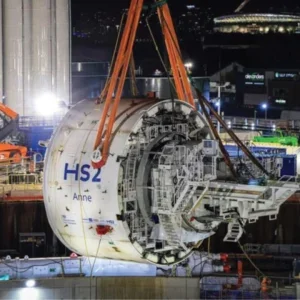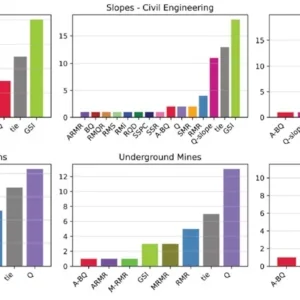The development of safety culture in modern construction is an advance that we should all welcome and value. Likewise, we must guard against anything which might undermine this hard-won consensus.
This is why recent developments in the implementation of international Health & Safety law are so worrying. Specifically, high-profile cases in the UK have highlighted a legal loophole which threatens to undermine the rule of international law and create a two- tier system of organisations: those which comply with legal requirements and those which feel they can flout them with impunity.
Of course I refer to the inability of the UK legal system to collect fines levied on foreign firms for breaching Health & Safety laws, especially if they have no assets in this country.
This situation even extends to organisations from European Union countries, so while EU legislation has been transferred into the domestic law of independent states, it is not possible to enforce these laws in other EU countries unless multilateral conventions are agreed.
In this way, two rules apply on site: one for the domestic firms and another for those based overseas, which currently enjoy immunity. Quite apart from the implications for health & safety standards, it also undermines the ability of one to compete fairly with the other.
However, this situation can be resolved. Multilateral conventions already exist to ensure, for example, that a ban for a motorist in one country is enforced throughout the EU.
It is a sad reflection that, while much health & safety legislation results from EU directives, no multinational conventions currently exist to cover this area. Isn’t it about time we started asking: "Why not?"






